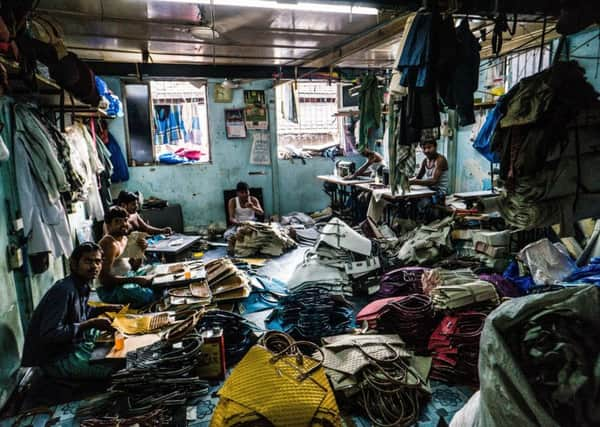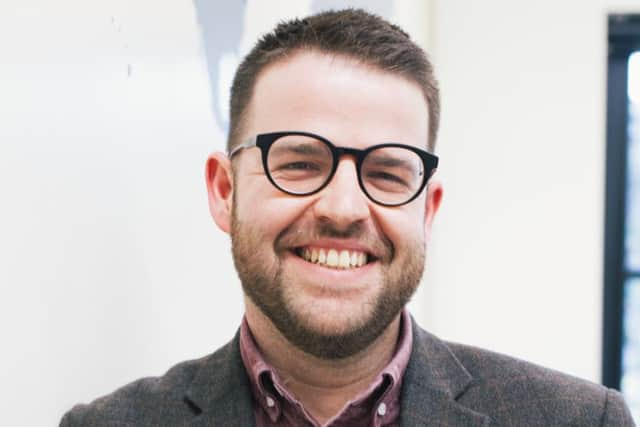Andrew Bevan: You, the consumer, are key in the fight to end slavery and convict criminals


We all have morning routines – but the hidden reality behind them is that, before 9am, every one of us has likely used a product that could have been made by someone in slavery.
There are over 40 million people in slavery today – that’s more than in the entire 200 years of the transatlantic slave trade put together.
Advertisement
Hide AdAdvertisement
Hide AdHuman trafficking is one of the top three most lucrative criminal businesses worldwide, generating over $150 billion each year.


And all of us are funding it. Indirectly but inevitably.
We may not be buying directly from slave-owners themselves, but slavery is hidden in the supply chains of hundreds of the products we use every day. You might not know it, but everything from the shirt you’re wearing to roses, make-up, smartphones, prawns, rice, chocolate, and jewellery can have slavery in the supply chain.
The Ethical Trading Initiative reports that “71 per cent of [UK] companies believe there is a likelihood of modern slavery occurring at some stage in their supply chains”.